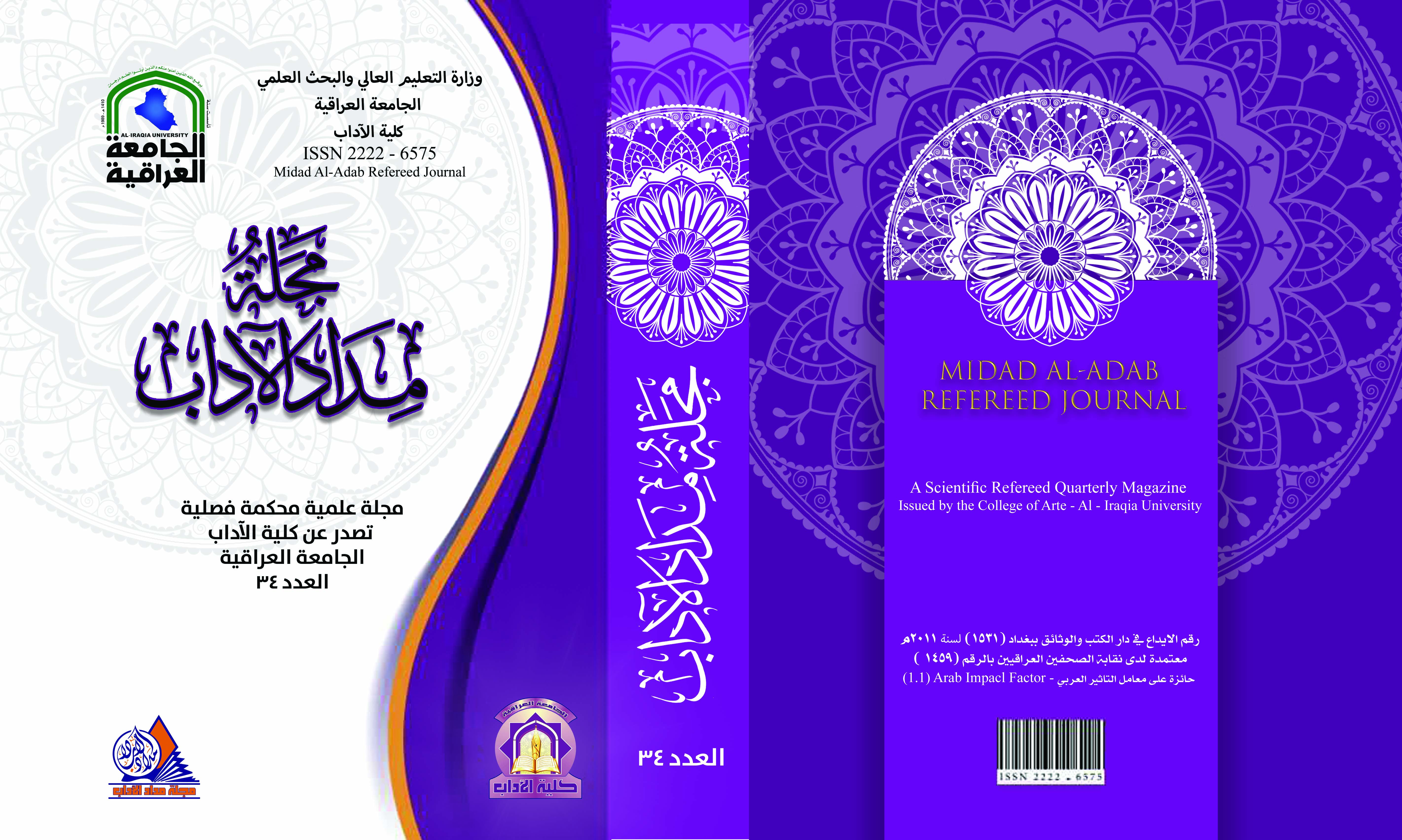The Dialectic of Unity Between Threat and Division Sociological Study
The Dialectic of Unity Between Threat and Division Sociological Study
DOI:
https://doi.org/10.58564/ma.v14i34.1271Keywords:
Keywords: The dialectic- threat- division- Sociological studyAbstract
Abstract
By saying (Toynbee) when he undertook an in-depth study of history, that civilization arises and develops and then falls as a result of the challenges in the sense that he gave the environment the importance of building civilization and the first theory for the interpretation of civilizations and was called (challenge and response) in the sense that civilization is established and created for the emergence of civilizations that challenge people Other, often or defeated - and it is clear that the causes of the fall of civilization are based on many reasons and factors, the most important of which is the weakness of elites in which society is based for lack of creativity and the other is the spiritual and religious factor.
But if we look at movables in the nineties of the twentieth century on civilizations and from movables (the end of history for Francis Fukama) Its values prevail in the whole world.
As for Huntington, he believed that conflicts and wars in the past were between states between independent countries. As for the conflicts today, they are between civilizations based on ideological, economic and cultural bases, and you may have to use all means to bring down others. This is what we have felt nowadays today and how the United States of America used partial thought and ideologies to sound the alarm between Arab Islamic societies, especially between the Middle East to intellectually isolate and culturally resist and embody divisionism instead of the unitary project, which resisted long historical challenges by all colonial policies.
Downloads
Published
Issue
Section
License

This work is licensed under a Creative Commons Attribution-NonCommercial-NoDerivatives 4.0 International License.








